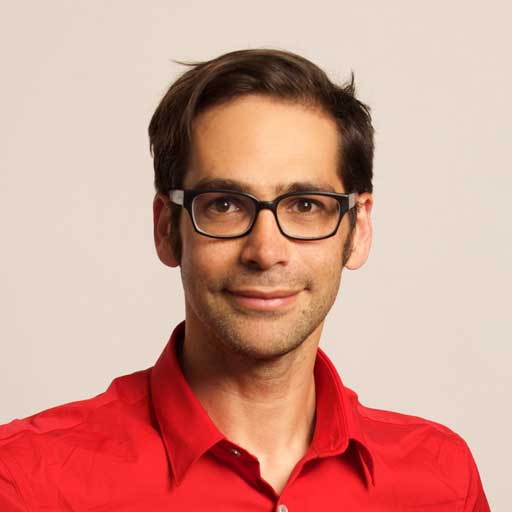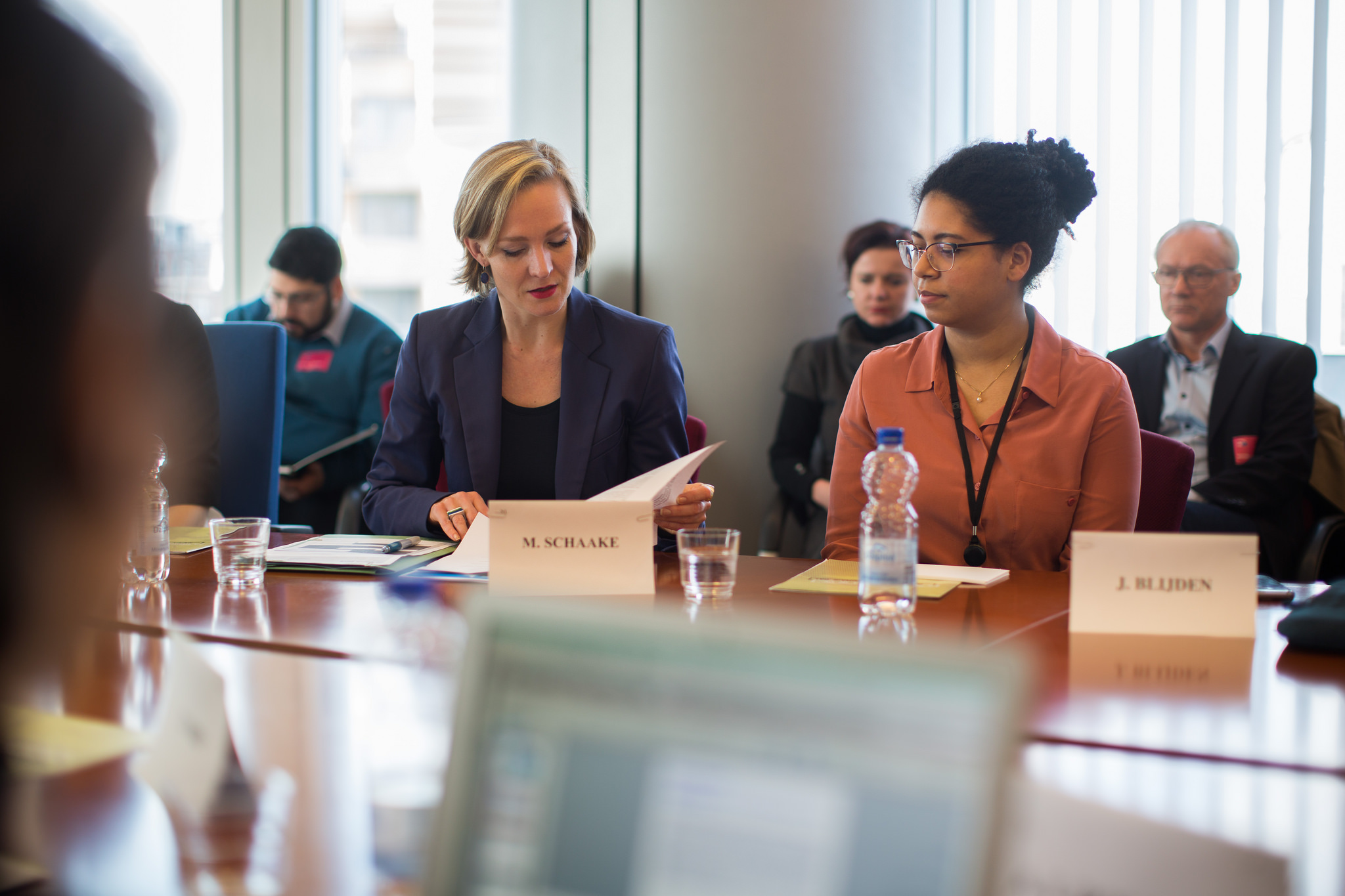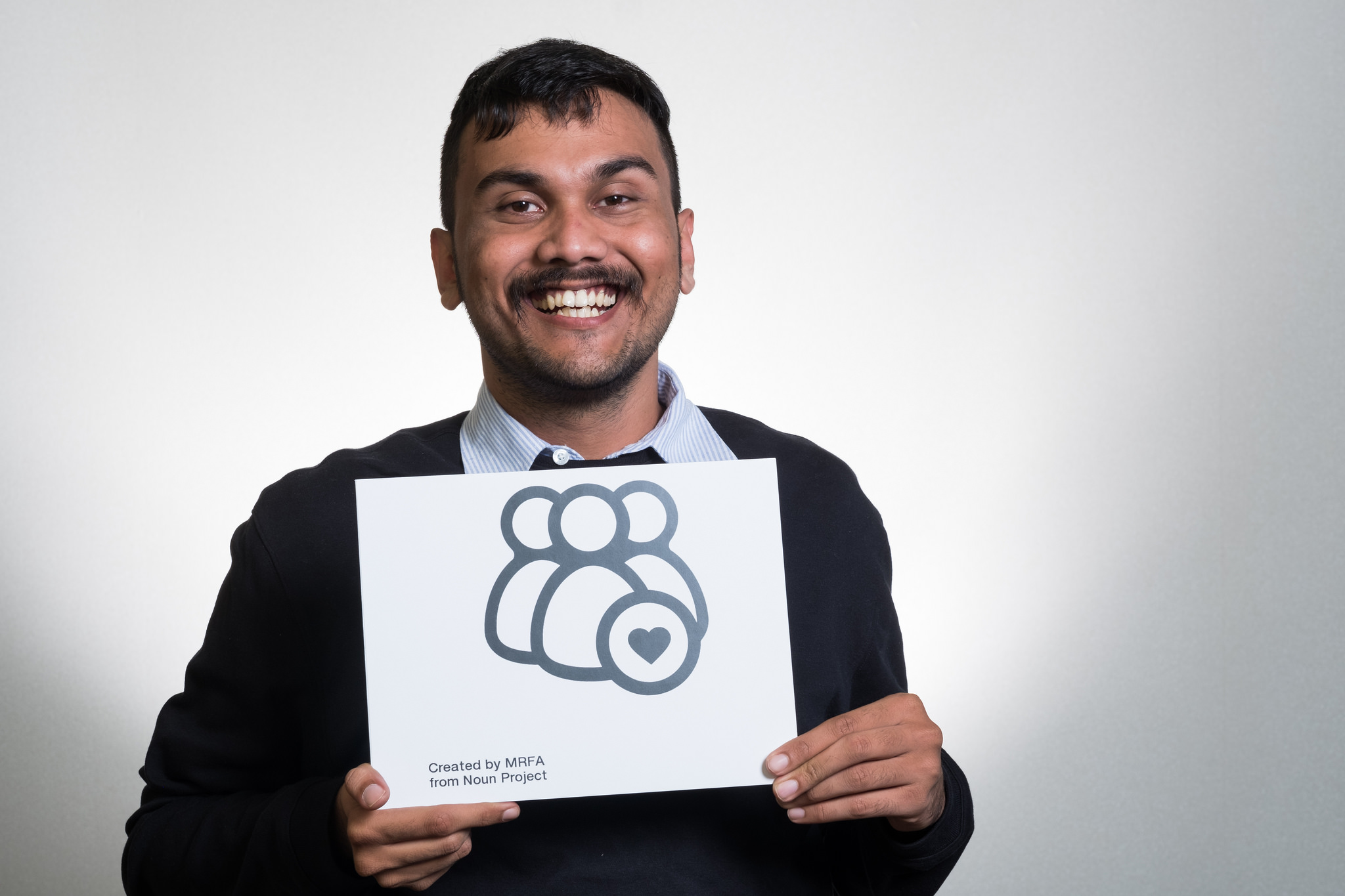Chris Bourg on the Compelling Vision for an Open Digital Commons
jeudi 5 avril 2018 à 22:03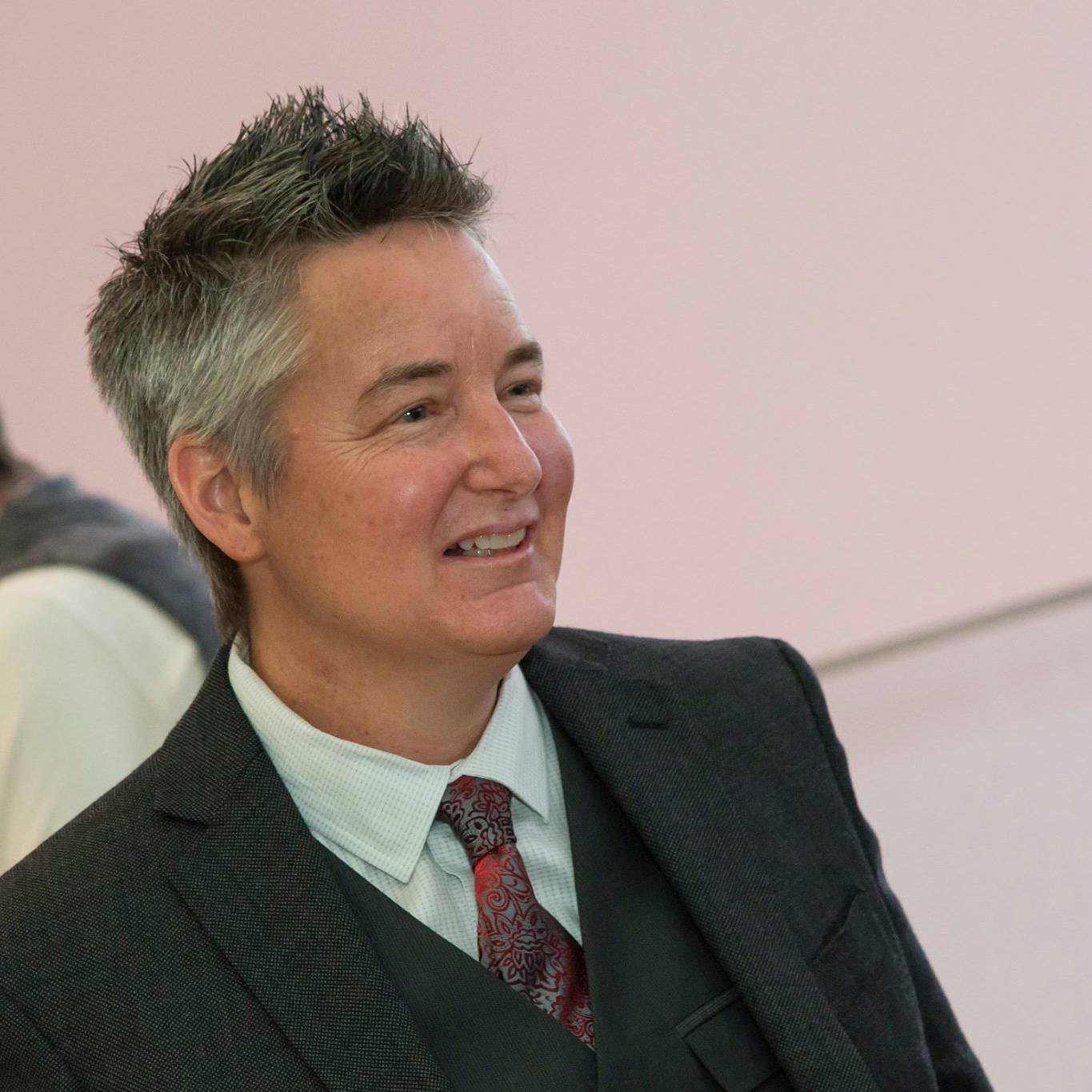
MIT Libraries Director Chris Bourg is one of the most salient voices in the library community for open access, diversity and inclusion, ethics in scholarly publishing, and social justice. As a keynote speaker for this year’s CC Global Summit, she’ll be discussing the nuances of the Open movement as an advocate for the digital commons and director of a major open access initiative.
Chris’s tweets and blog are must-follows – her dog, Jiffy, is an adorable and frequent guest star. In this interview, she discusses tech optimism, storytelling, diversity, and the fallacy of neutrality. Join Chris and more than 400 open advocates at the CC Global Summit in Toronto from April 13-15.
As an open movement, it’s become difficult to live our values as the web’s content Commons have become increasingly enclosed and the halcyon days of internet utopianism seem long over. As a prominent figure in the movement and a crusader for open, how can we do better? What are tangible and intangible steps we can take to move the needle? How can libraries play a role?
I think that generally speaking, I’m an optimist, but not a tech utopian. So I think we keep focusing on the ultimate goal and reasons for promoting an open digital commons. There are compelling stories to be told about the harms of information scarcity and knowledge monopolies, and there are equally compelling stories about ways in which open access to knowledge and culture helps us solve big (and small) challenges across the globe. We have to unearth and tell those stories, and bring more people and communities in to the cause. In some ways, the increasing commercialization of not just scholarship, but of our own personal, social, and behavioral data may be the wake-up call that leads to the next wave of organizing around creating a truly open, non-commercial, digital commons. I think libraries can play a role by acting as the trusted facilitators of information creation, exchange, and preservation that we have always been. A digital commons that combines the values of openness and sharing with the values of privacy and informed choice sounds an awful lot like a library to me – or at least the kind of network of libraries that many of us aspire to create and maintain.
In your position as Director of MIT Libraries, you are an outspoken advocate for open access and knowledge resources. The question of why libraries need to stand up for open access has been answered in a variety of places, but why are the MIT libraries central to this fight?
A big part of what drew me to this job at MIT is the fact that MIT, and the MIT libraries in particular, combine a strong cultural commitment to openness with an equally strong commitment to building the infrastructure needed to openly share knowledge resources. MIT has led before in making the fruits of its research and teaching open to the world; with Harvard in 2008 and 2009 on passing Faculty Open Access Policies, and before by launching Open CourseWare in 2000, with the mission of sharing all of MIT’s course content online, for free. When the MIT Faculty passed the OA policy in 2009, they turned to the libraries to implement the policy. The libraries at MIT have long been seen as a key player in facilitating the dissemination of MIT research to the world, and frankly, we’ve been pretty good at it. Nearly 50% of MIT faculty journal articles written since 2009 are openly available to the world – that’s nearly 27,000 articles, downloaded nearly 9.5 million times.
We are in a great position in the MIT libraries to be able to partner with leading scholars across the Institute, in Engineering, Sciences, Business, Humanities and Social Sciences, and Architecture and Planning, to strategize on what’s next for open access. Through the work of the recently launched Ad hoc Task force on Open Access to MIT’s Research, which I am co-chairing with Electrical Engineering and Computer Science Professor and founding director of Creative Commons, Hal Abelson, we are basically asking what’s next? How can we push the needle further, and how can MIT continue to lead? Creating a more open scholarly record will require changes at the technological, legal/regulatory, political, and social levels; so our task force has experts from all those perspectives represented. We are also reaching out to experts across the globe to inform our recommendations.
We talk a lot in libraryland about whether the open access movement and/or institutional repositories have been successful, but/and I think what MIT has been able to do in getting nearly 50% of the journal articles of our faculty in our open repository is a compelling success story. And that success story is an MIT Libraries story, so I feel some obligation to build on that success and to leverage it for the broader community of libraries and other organizations who share the goal of opening up our cultural and scholarly heritage to a global audience.
In his ALA talk this year, Junot Diaz pulled no punches when it came to the issues of diversity in libraries. “I wish that libraries would finally have a reckoning and know that [staffs that are] 88% white means 5000% percent agony for people of color, no matter how liberal and enlightened you think you are,” he said. You cited this quote in a recent talk as well. In your opinion, how can we do better as a movement for free and open knowledge? As librarians, researchers, scientists, and artists? How can we, in his words, “decolonize libraries,” or in the parlance of this conference, “decolonize open?”
I think we always have to ask who and what is missing, and continue to work to not just be more inclusive, but also to decenter white, western knowledge; and center the knowledge of marginalized communities.
But/and, instead of doing it ourselves we need to look to the people who are doing this work in and with those communities. Two examples I love are the work being done by Anasuya Sengupta and her colleagues at whoseknowledge.org, and P. Sanaith’s work creating and maintaining the People’s Archive of Rural India.
Decolonizing scholarship and decolonizing the web will require radical collaboration across many social, geographical, and political divides; and will have to be based on mutual exchanges of knowledge and skills. All of that requires trust, which is something that takes time to build and is based on relationships and authentic human connection. So if we want to decolonize open, then maybe we need to decolonize our social networks first.
One of the longest running and most frustrating conversations within libraries is whether they are “neutral.” (As you write, you are strongly on the “hell no” side.) Can you speak to the politics of neutrality within open, and particularly as it regards seemingly “neutral” actors like CC licenses and libraries? How does the conversation about “neutrality” relate to issues of diversity and inclusion within the free knowledge movement?
I don’t think of CC licenses or libraries as neutral. They are both predicated on the idea that people ought to have the ability to freely create, share, and access knowledge and cultural materials. That’s actually a pretty radical idea. Even if CC licenses and libraries can be and are used to provide access to a huge range of ideas and viewpoints, that doesn’t make them neutral. One of the arguments I make is that you can’t be neutral if one side argues that certain ideas should not be available in libraries (whether those ideas are contained in books representing LGBTQ families, or in gatherings of neo-Nazis) and another side argues that you have to include all ideas and viewpoints. You can’t satisfy both sides – you can’t keep the LGBTQ book and not keep the LGBTQ book at the same time. I may start calling this the Schrodinger’s Library argument against neutrality.
The fact that libraryland continues to have these debates about neutrality is really frustrating, and is very much related to issues of diversity and inclusion. So many of the library debates about neutrality are theoretical and academic and detached, and I think that reflects the stark lack of diversity in our profession. Too often the argument that it is a moral imperative for libraries to represent all sides of an issue, and to serve all patrons regardless of beliefs, come from a position of privilege and relative safety. For marginalized folks, it can feel like these debates about neutrality are really debates about whether we have to honor and engage with people who deny our very humanity and seek our destruction. Many of us would argue that allowing those who deny the humanity and basic dignity of others to coopt the legitimacy of our libraries and our profession to spread their hatred and intimidation is not in any way a neutral choice.
What is the need for Creative Commons today and why are you coming to keynote the Summit?
What I love about Creative Commons and the CC community is that it is driven by a compelling vision of an open digital commons, and that it provides the tools for people across the globe to choose how they want to participate in that commons. That combination of an abiding belief that openly accessible culture and knowledge are good for society, with a commitment to honoring individual choice is powerful; and it resonates with what I think is needed to advance the perpetual project of decolonizing and opening up the internet.
The post Chris Bourg on the Compelling Vision for an Open Digital Commons appeared first on Creative Commons.
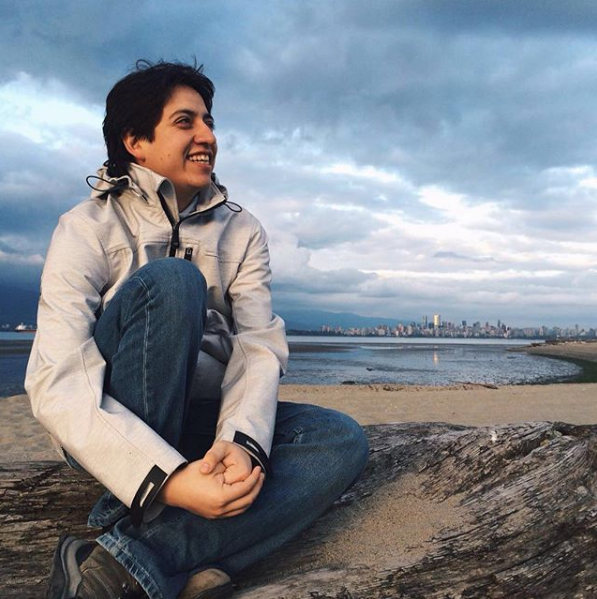 Andrés Delgado, Ecuador
Andrés Delgado, Ecuador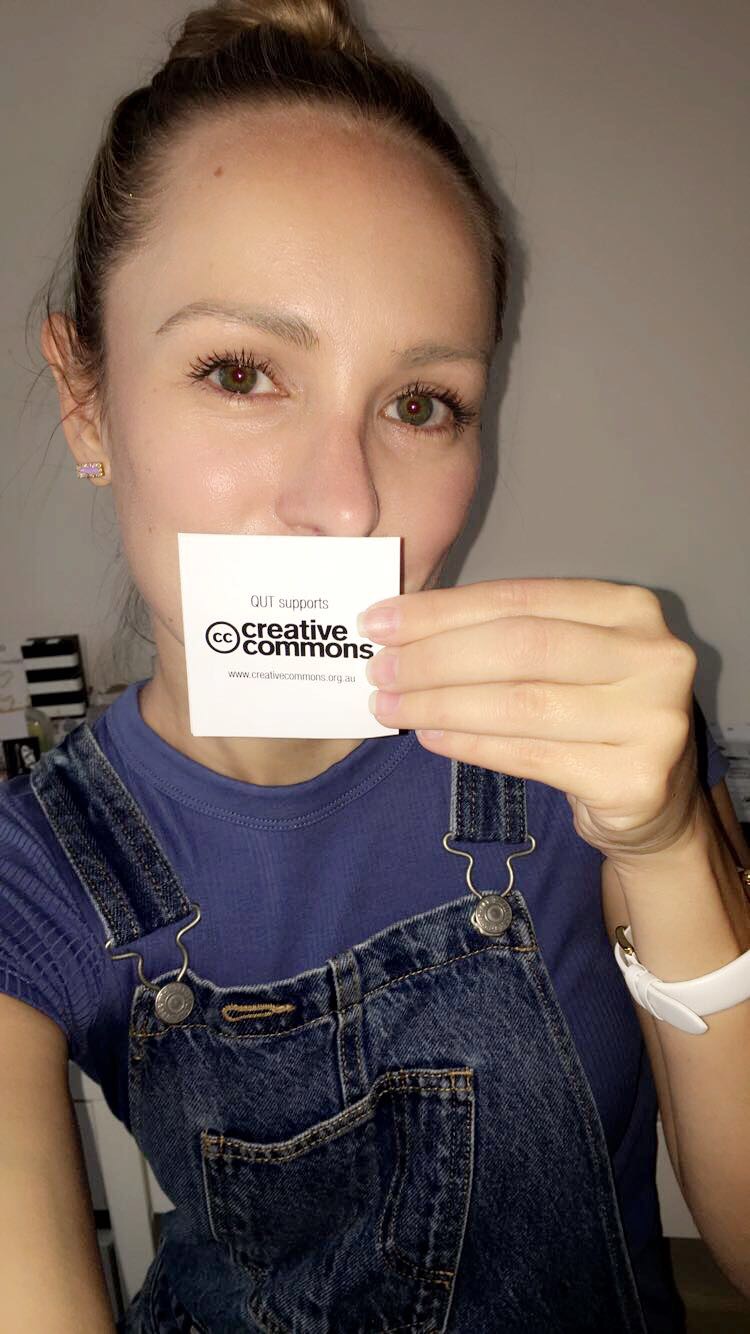
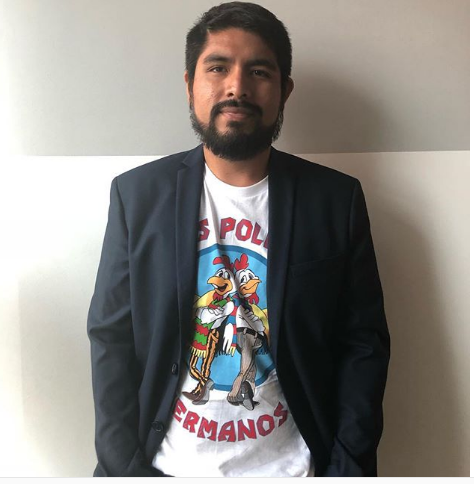
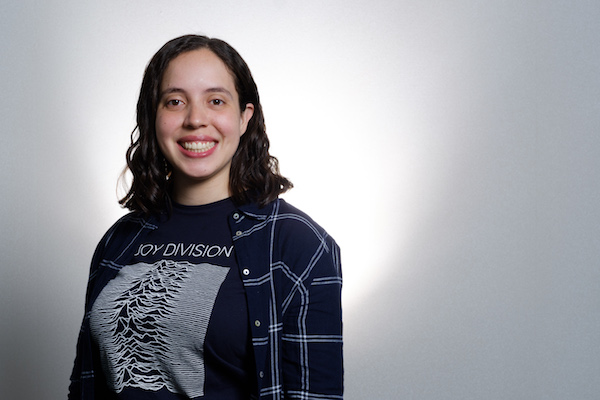
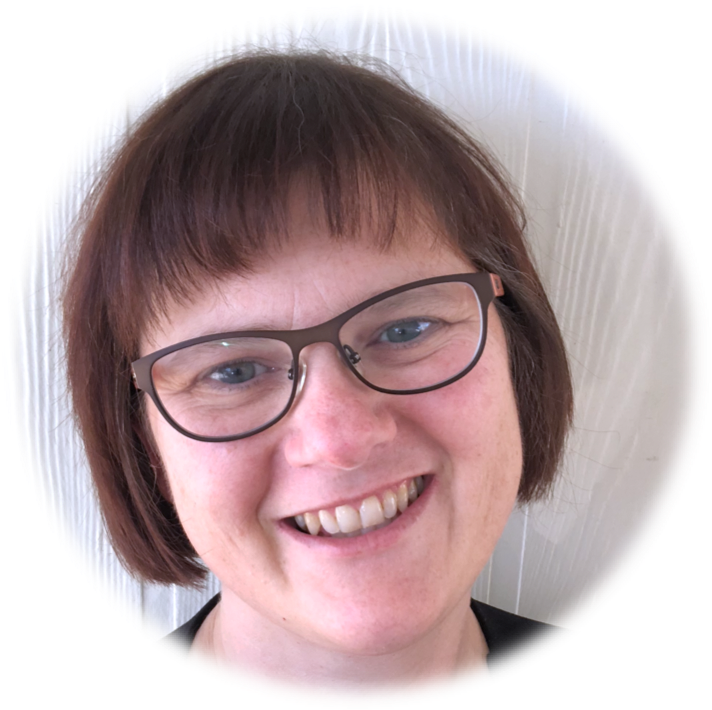
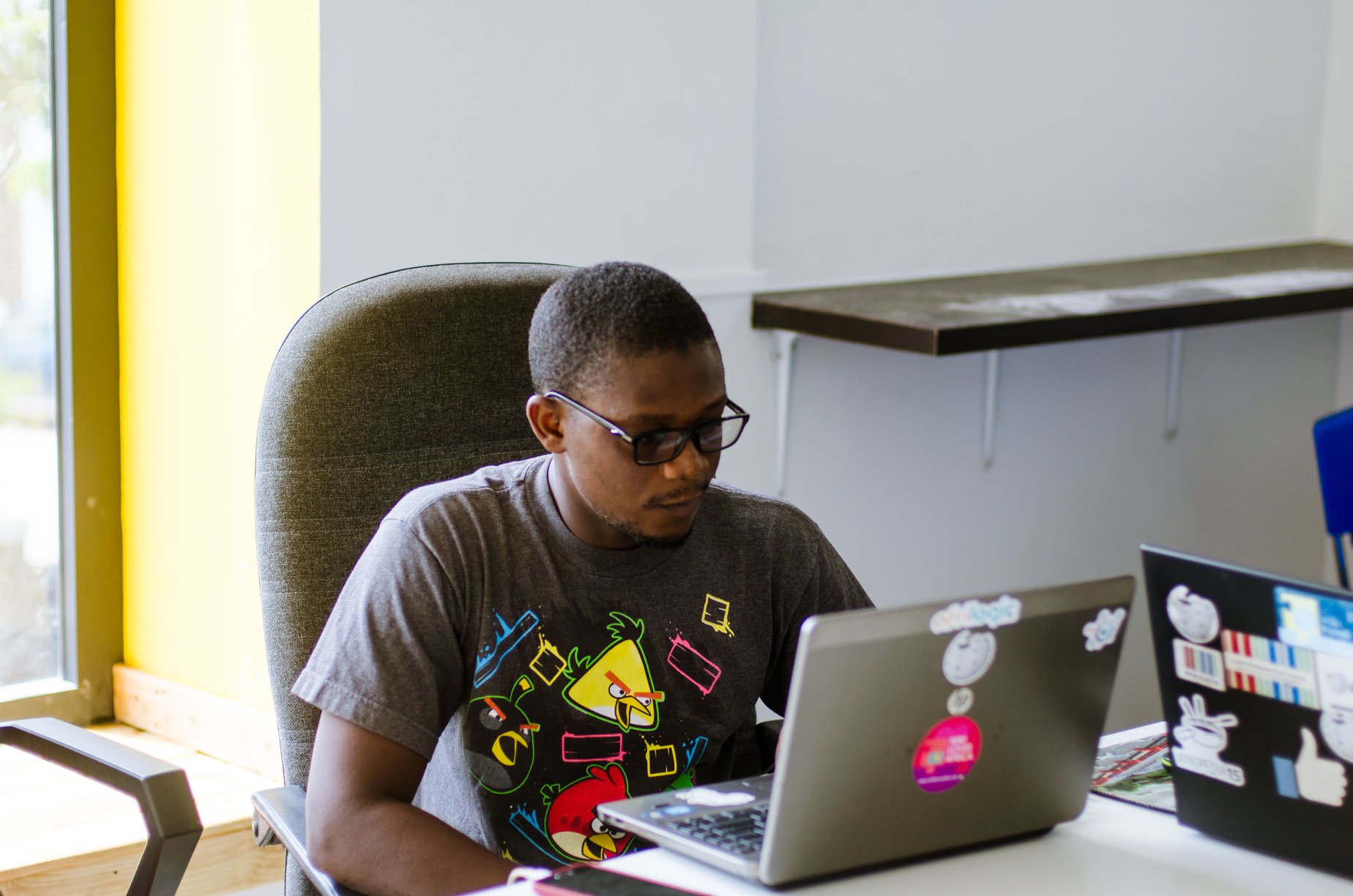
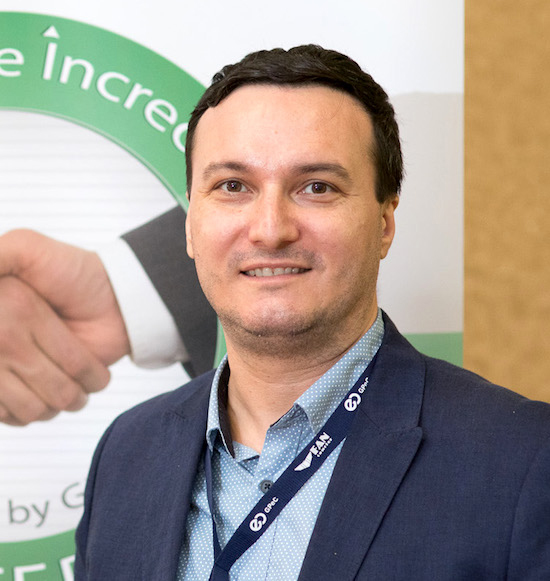
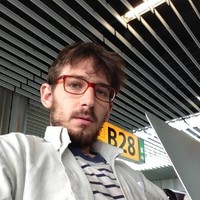
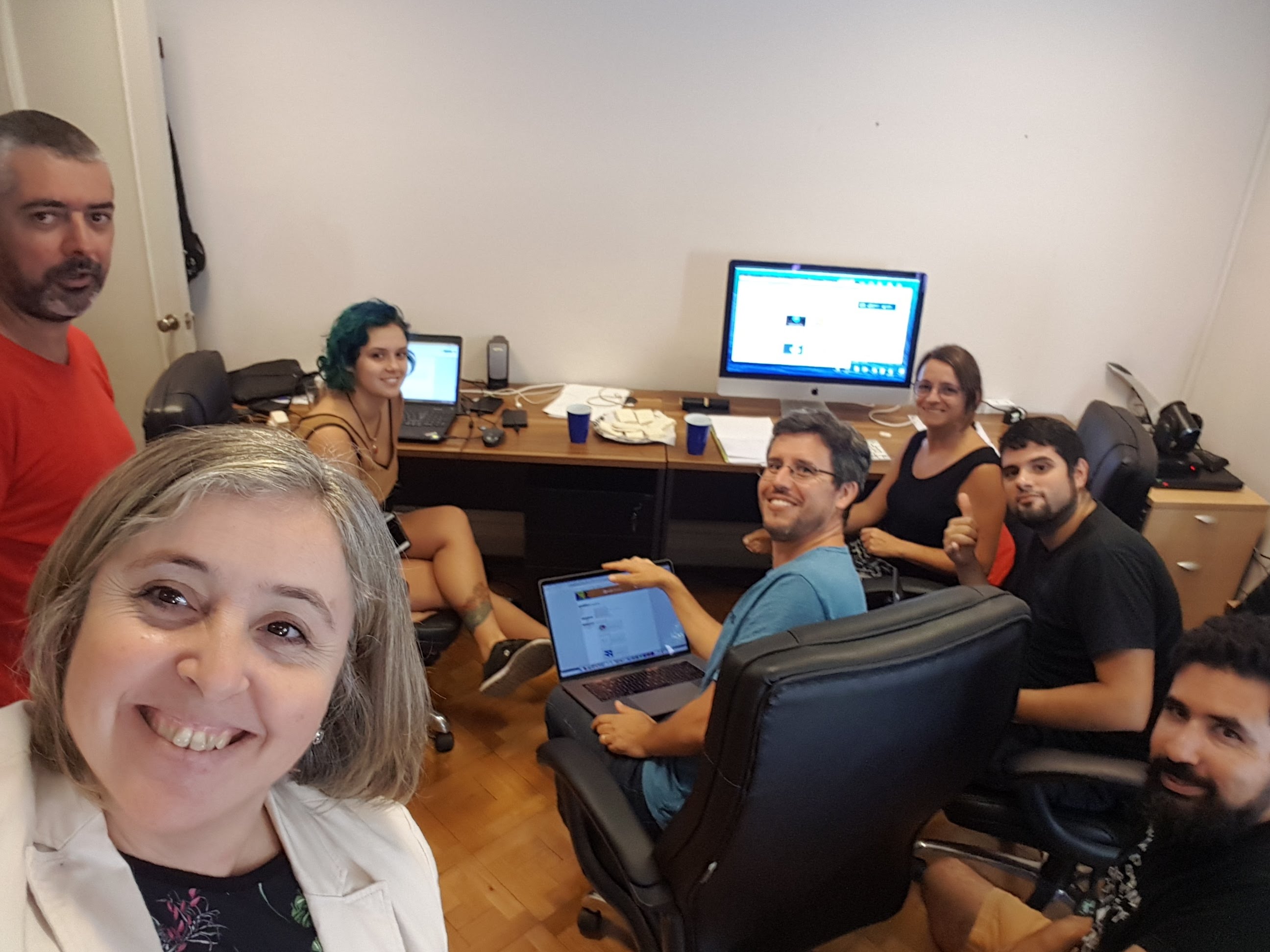
 Esther Ekong, Nigeria
Esther Ekong, Nigeria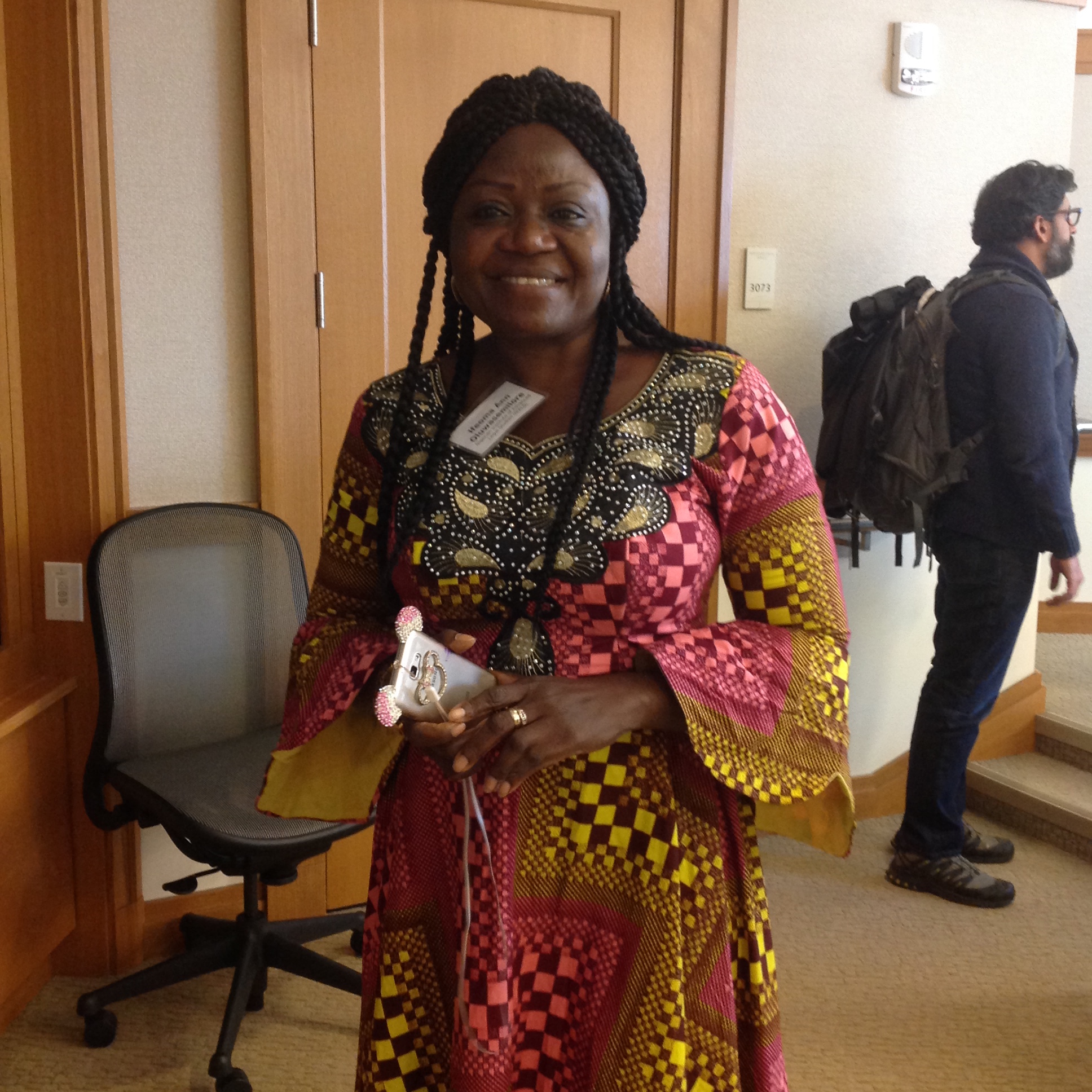
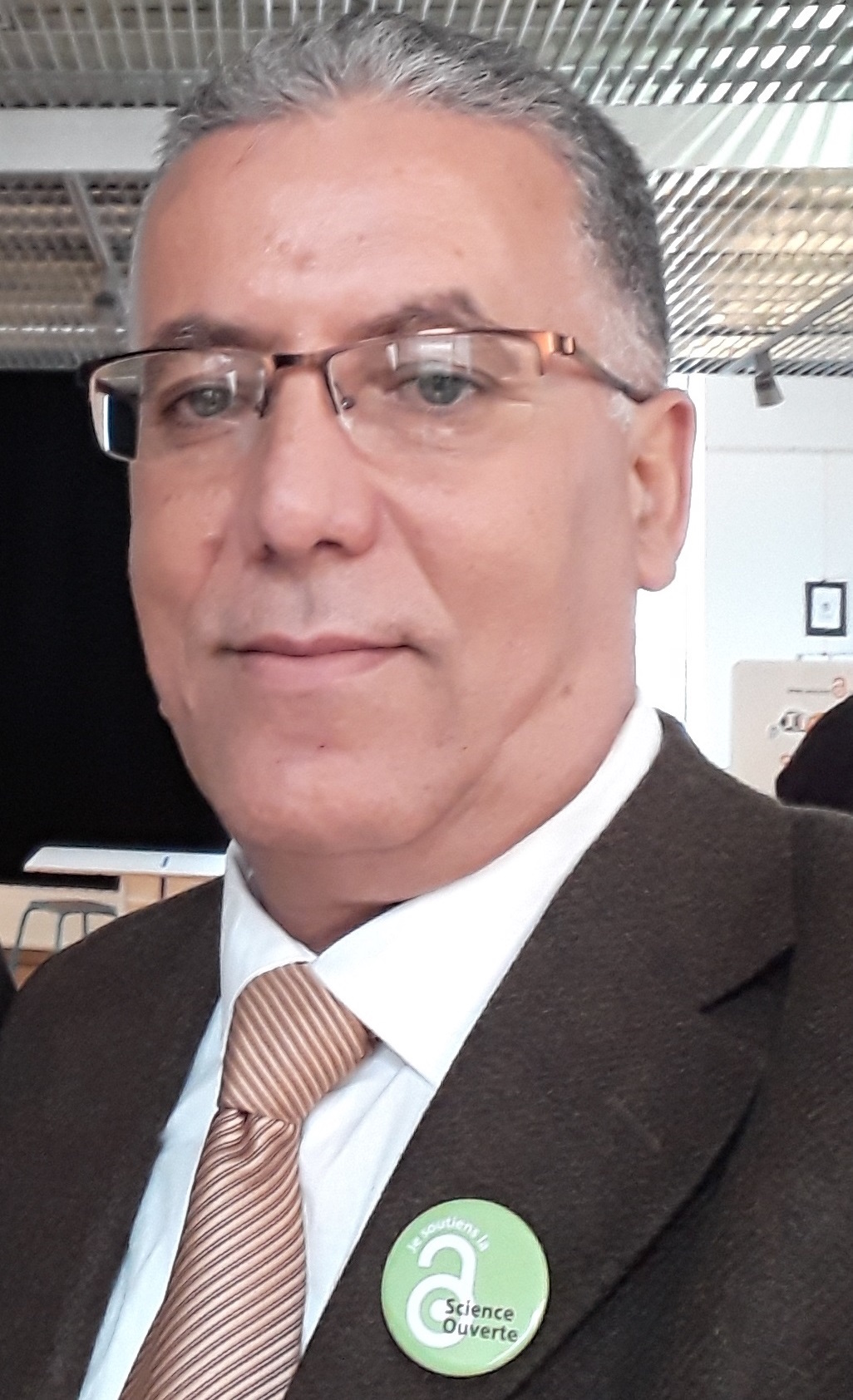
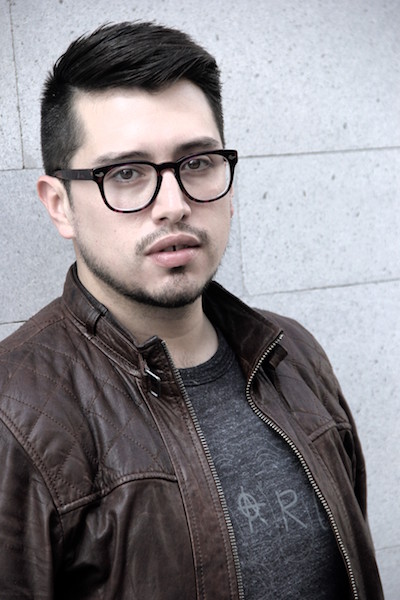
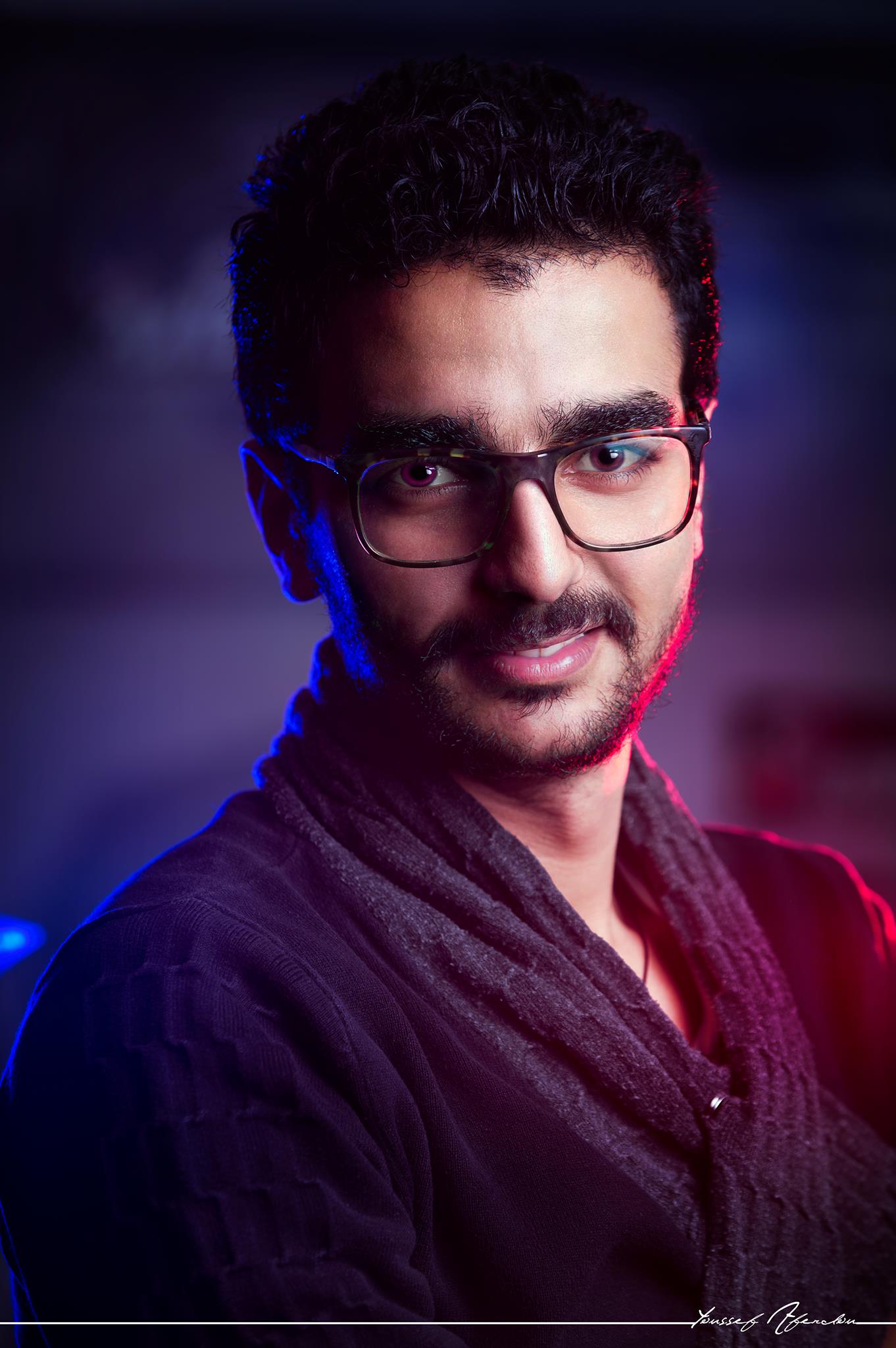
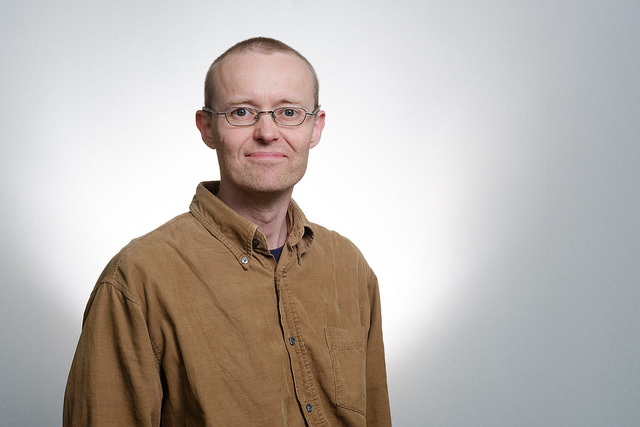
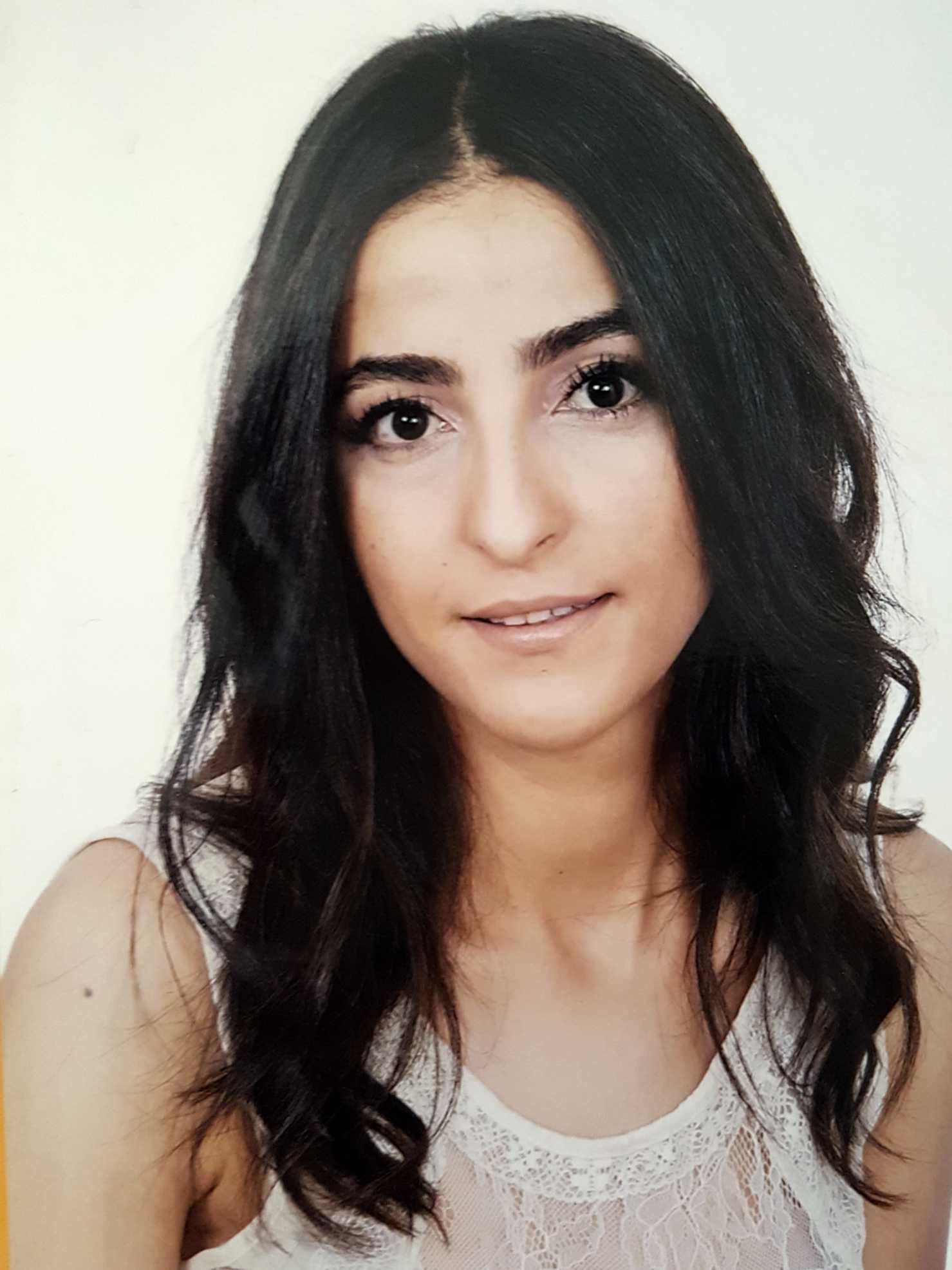
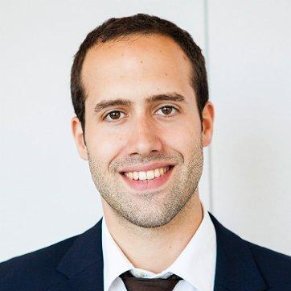
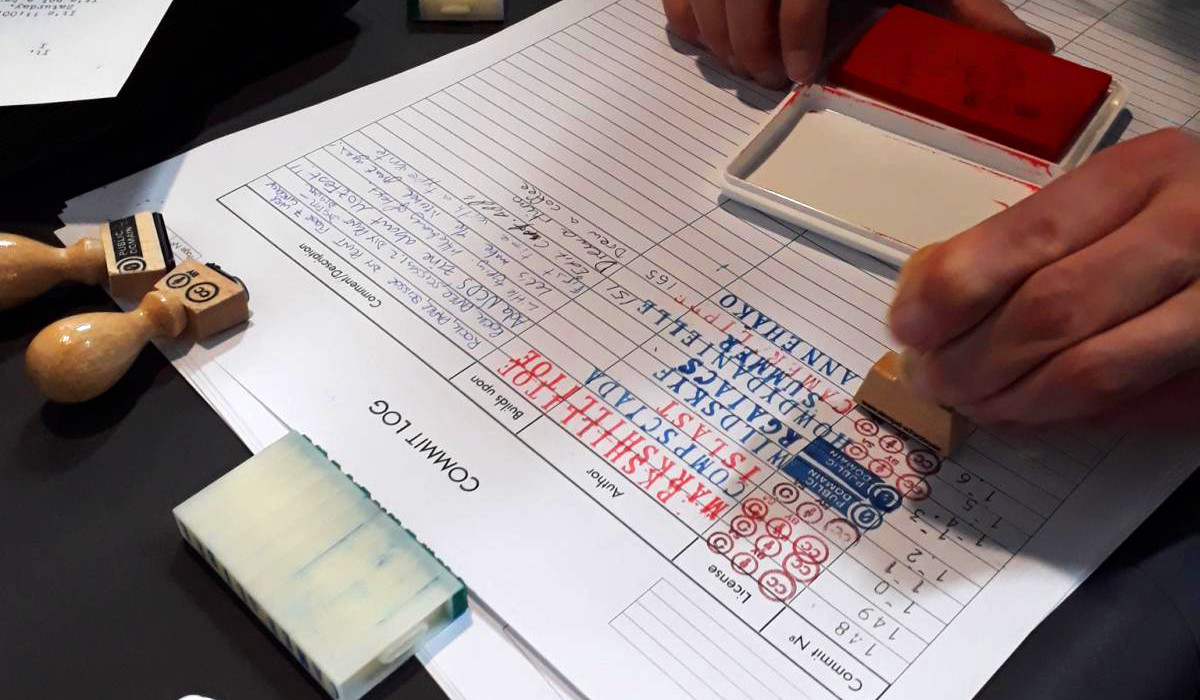
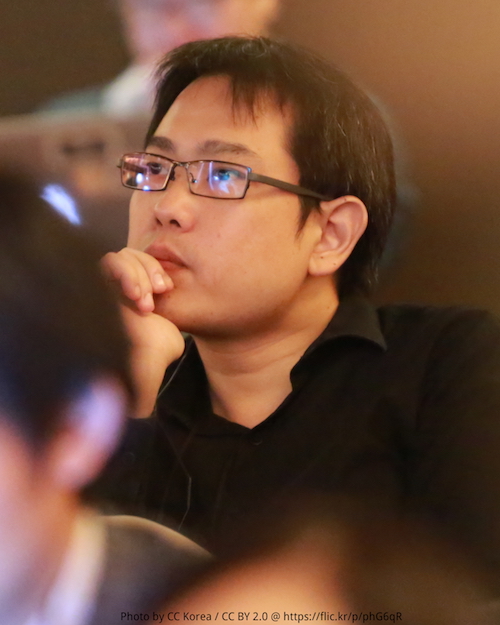

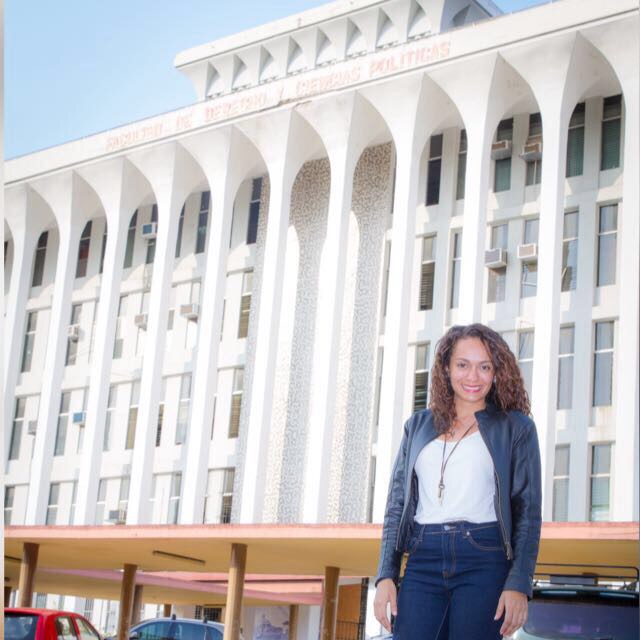 Margorie M. Merel S., Panama
Margorie M. Merel S., Panama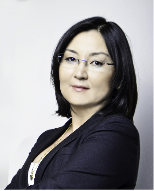
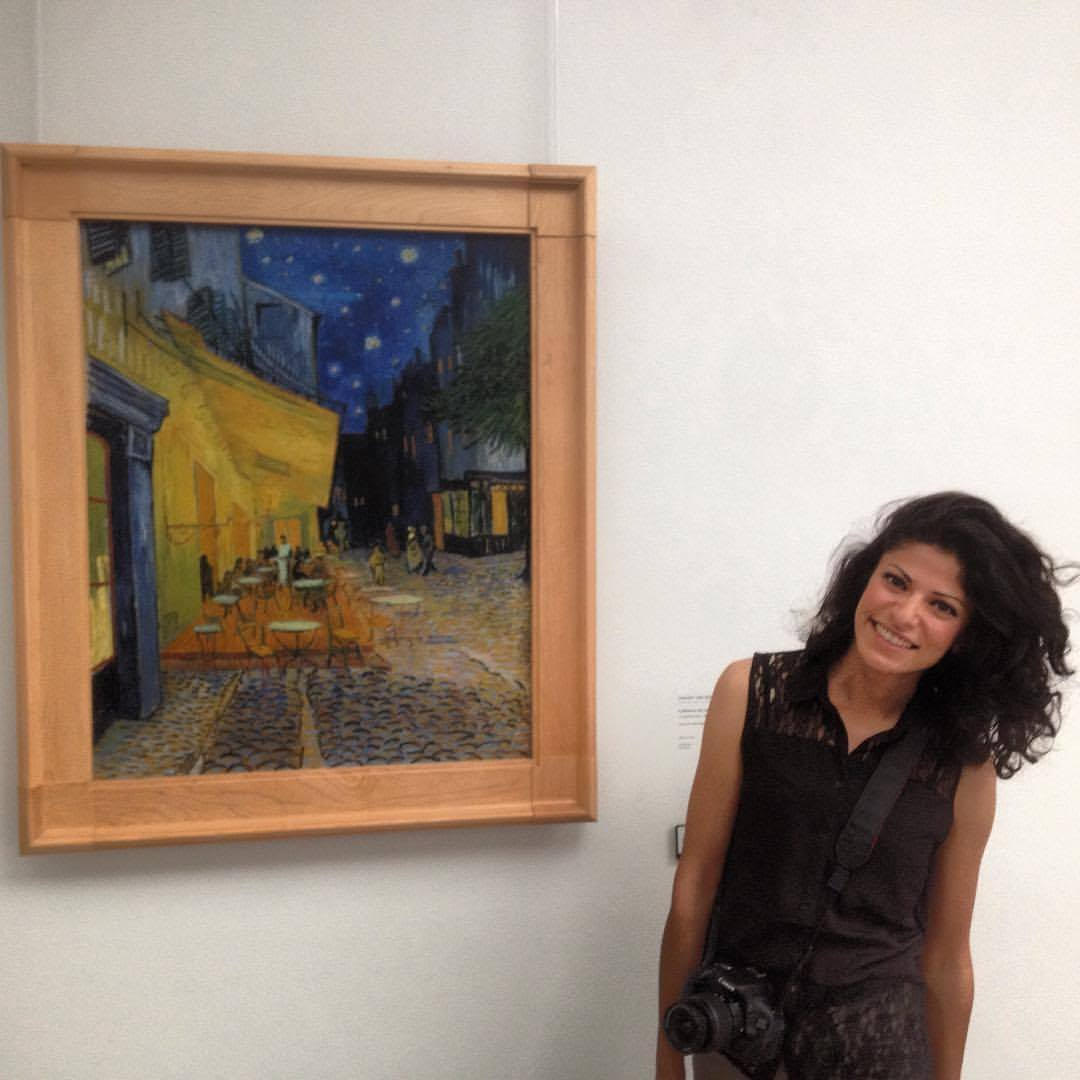
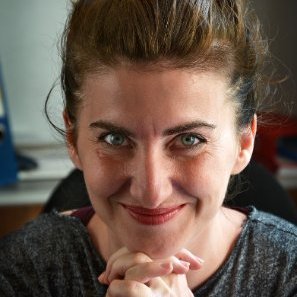
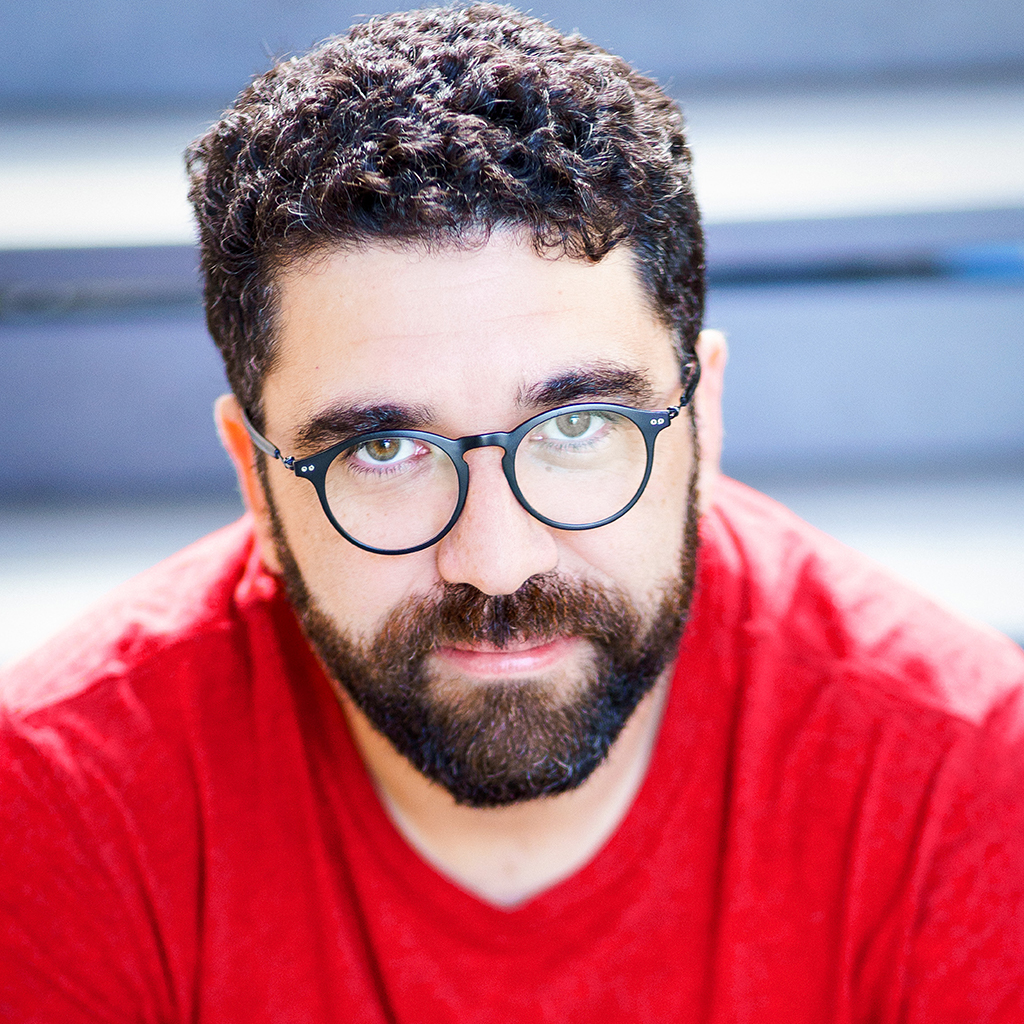 Please introduce yourself and describe your role with Creative Commons.
Please introduce yourself and describe your role with Creative Commons.